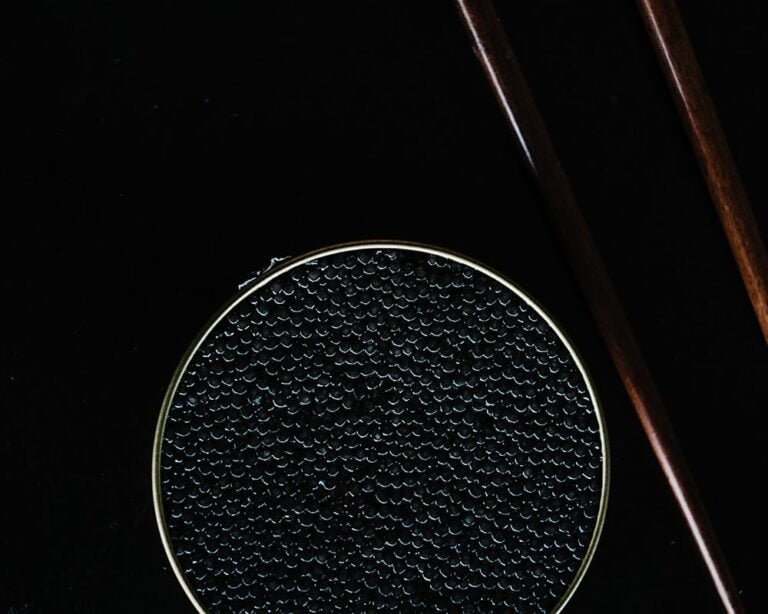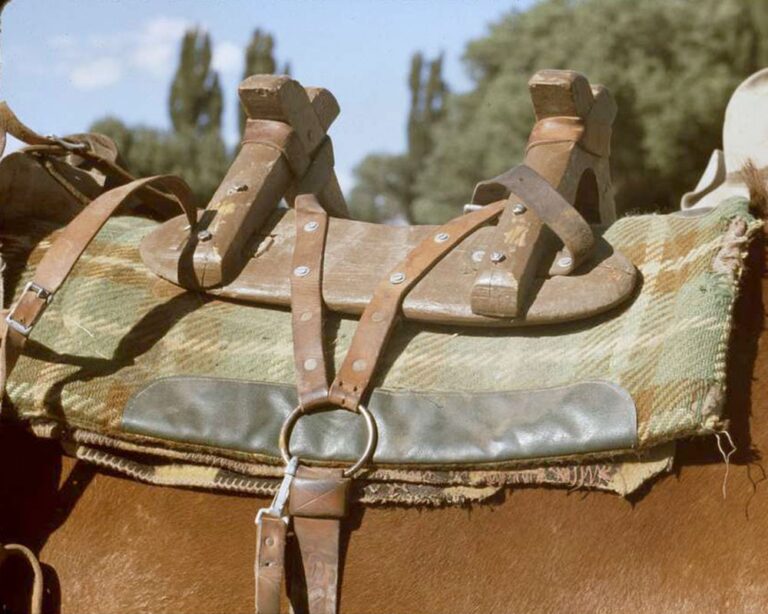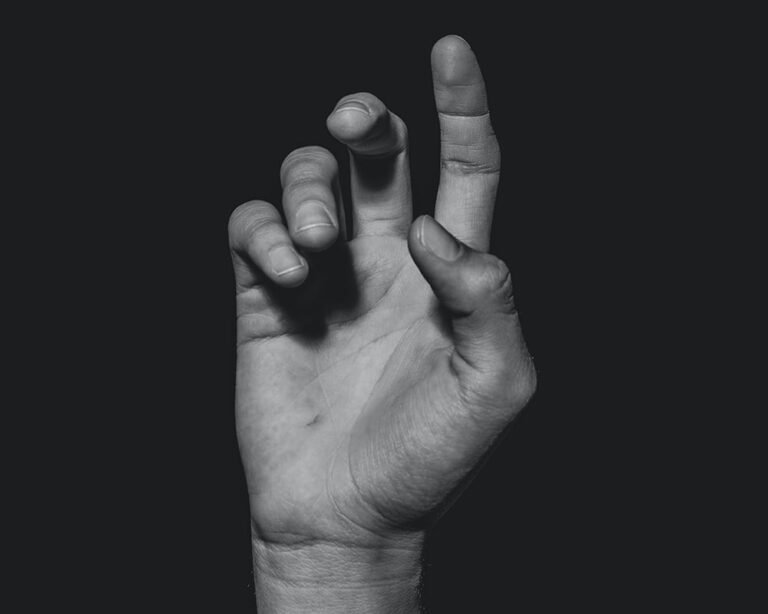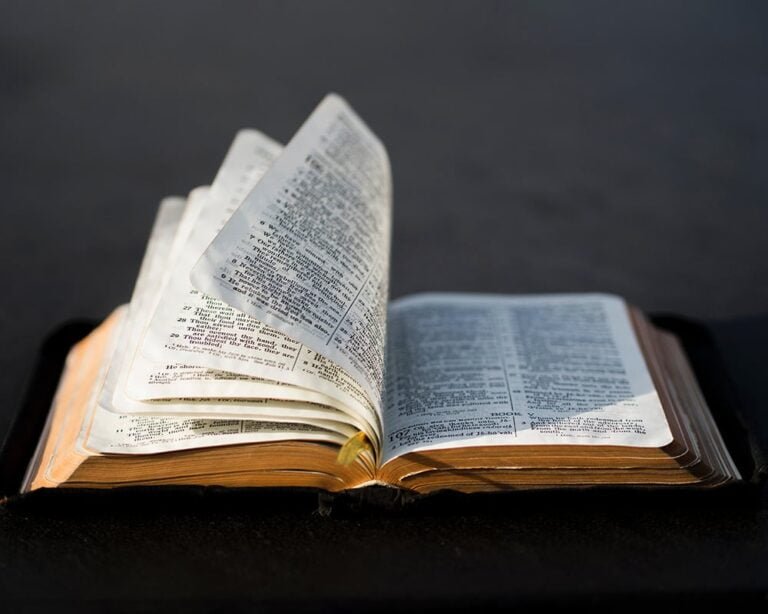passer au caviar
The French idiom “passer au caviar” means literally “to pass to the caviar” or “to switch to the caviar.” This expression comes from Russia. Under the rule of Tsar Nicholas I (1825-1855), censorship was common. In books and journals, areas that had been censored were covered in black ink. This black ink was the same…









